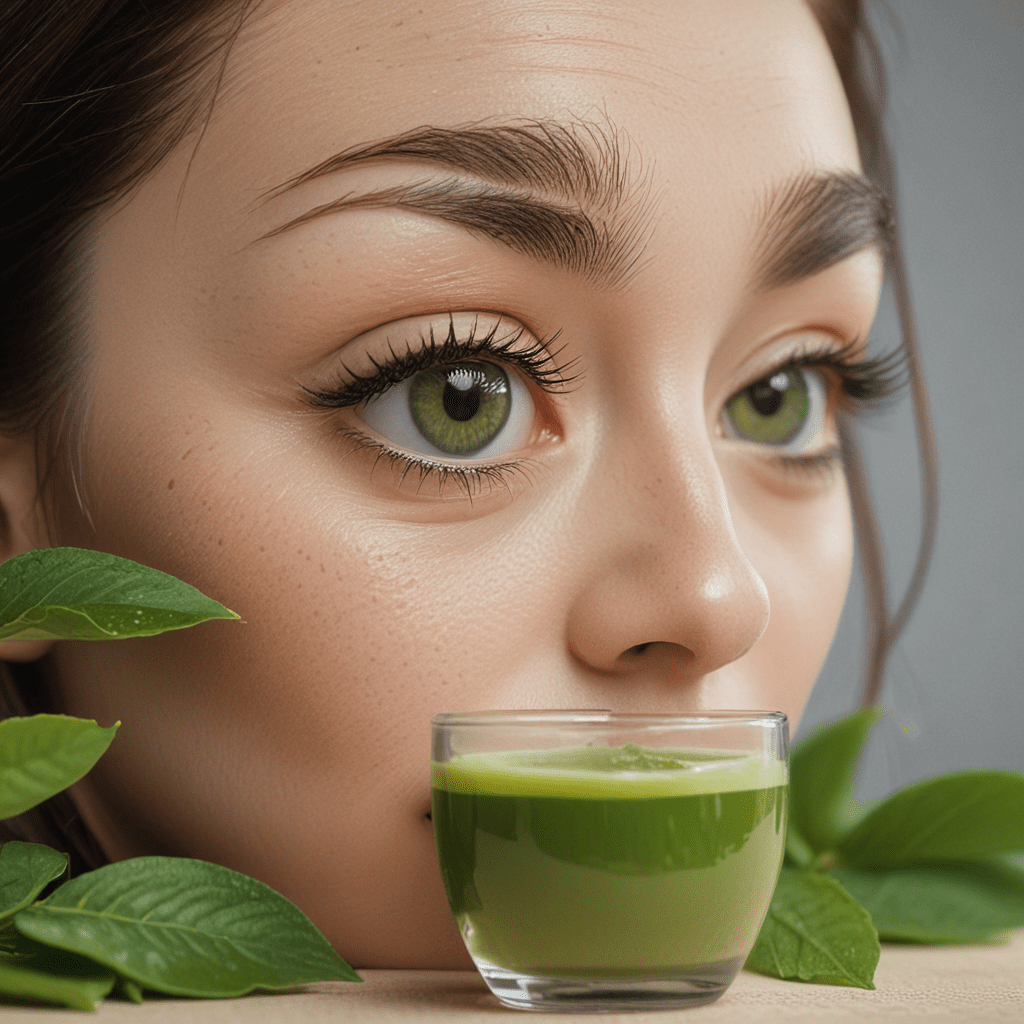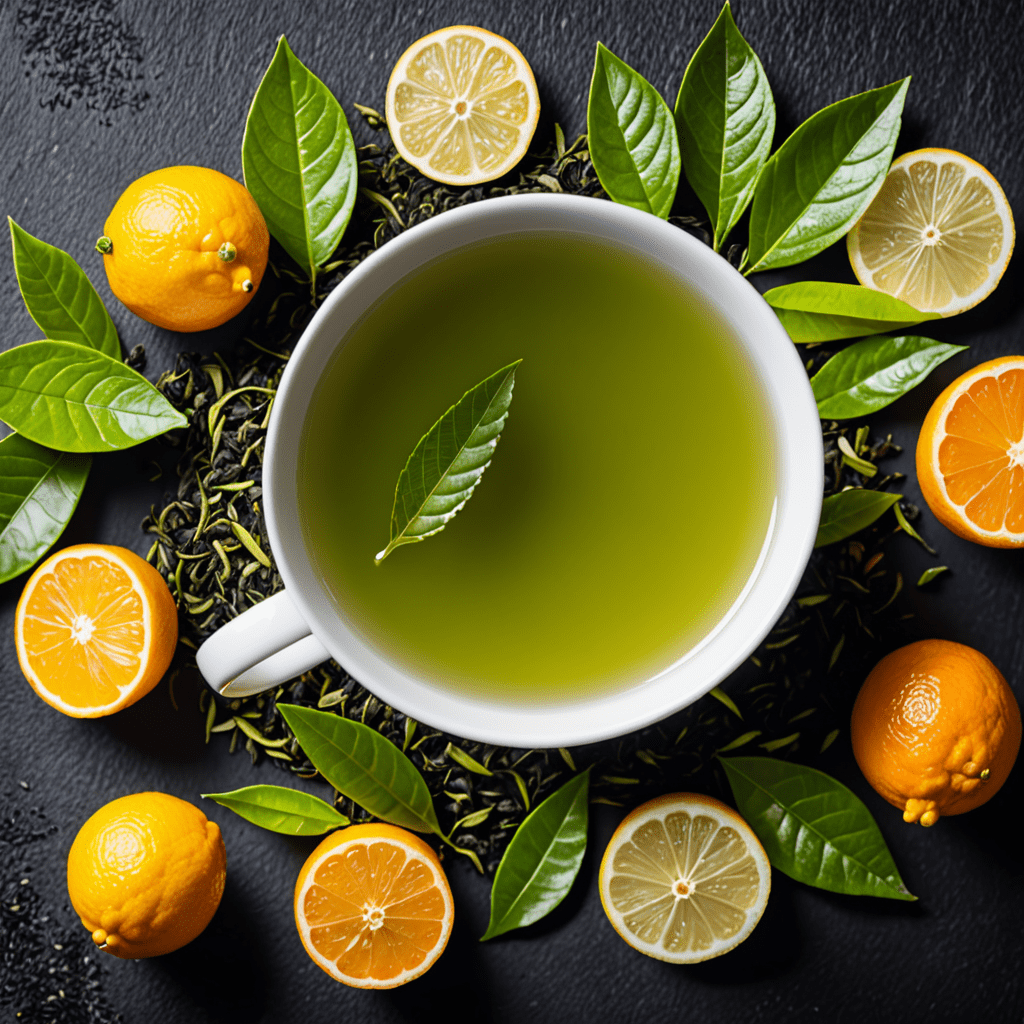
What is Matcha?
Matcha is a finely ground green tea powder made from shade-grown tea leaves. It is a type of Japanese green tea that has been traditionally used in tea ceremonies for centuries. Matcha is made by grinding whole tea leaves into a fine powder, which is then whisked with hot water to create a frothy, flavorful drink.
The Nutritional Value of Matcha
Matcha is a rich source of antioxidants, vitamins, and minerals. It contains high levels of chlorophyll, which gives it its vibrant green color. Matcha also contains catechins, which are powerful antioxidants that have been linked to a number of health benefits, including reduced inflammation, improved heart health, and cancer prevention.
Matcha and Eye Protection
Matcha has been shown to have a number of benefits for eye health. The antioxidants in matcha can help to protect the eyes from damage caused by free radicals. Free radicals are unstable molecules that can damage cells and DNA, and they have been linked to a number of eye diseases, including cataracts, macular degeneration, and glaucoma.
Matcha and Lutein
Lutein is a carotenoid that is found in high concentrations in the macula, the central part of the retina responsible for central vision. Lutein has been shown to protect the macula from damage caused by blue light and other environmental factors. Matcha is a good source of lutein, and drinking matcha regularly can help to increase lutein levels in the macula.
Matcha and Zeaxanthin
Zeaxanthin is another carotenoid that is found in high concentrations in the macula. Zeaxanthin has been shown to protect the macula from damage caused by blue light and other environmental factors. Matcha is a good source of zeaxanthin, and drinking matcha regularly can help to increase zeaxanthin levels in the macula.
How to Incorporate Matcha into Your Diet
Matcha can be incorporated into your diet in a variety of ways. You can add matcha powder to smoothies, yogurt, or oatmeal. You can also use matcha powder to make tea or lattes. Matcha is a versatile ingredient that can be used in a variety of recipes.
Matcha as a Supplement
Matcha is also available as a supplement in capsule or powder form. Matcha supplements can be a convenient way to get the benefits of matcha if you do not like the taste of matcha tea.
Risks and Side Effects of Matcha
Matcha is generally safe to consume, but there are some potential risks and side effects. Matcha contains caffeine, so it is important to limit your intake if you are sensitive to caffeine. Matcha can also interact with certain medications, so it is important to talk to your doctor before taking matcha supplements if you are taking any medications.
Conclusion: The Benefits of Matcha for Eye Health
Matcha is a powerful antioxidant-rich beverage that has a number of benefits for eye health. The antioxidants in matcha can help to protect the eyes from damage caused by free radicals, and the lutein and zeaxanthin in matcha can help to protect the macula from damage caused by blue light and other environmental factors. Drinking matcha regularly can help to improve your overall eye health and reduce your risk of developing eye diseases.
FAQs
Q: How much matcha should I drink per day?
A: The recommended daily intake of matcha is 2-3 cups.
Q: Can I drink matcha if I am pregnant or breastfeeding?
A: It is best to avoid matcha if you are pregnant or breastfeeding, as the caffeine in matcha can cross the placenta and reach the baby.
Q: Can I take matcha supplements if I am taking other medications?
A: It is important to talk to your doctor before taking matcha supplements if you are taking any medications, as matcha can interact with certain medications.


